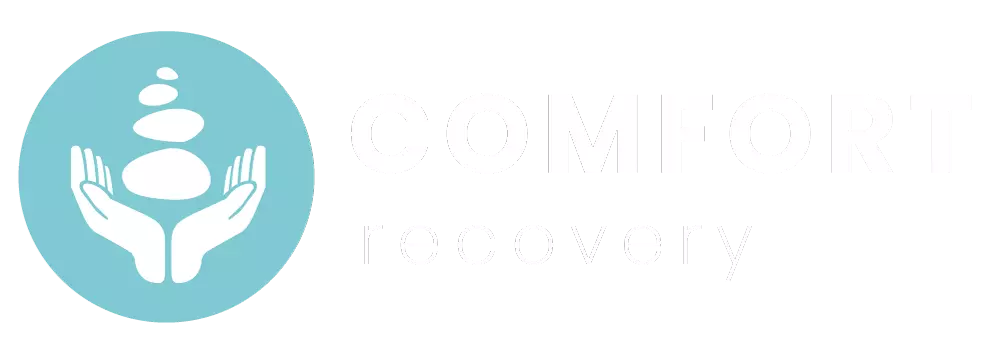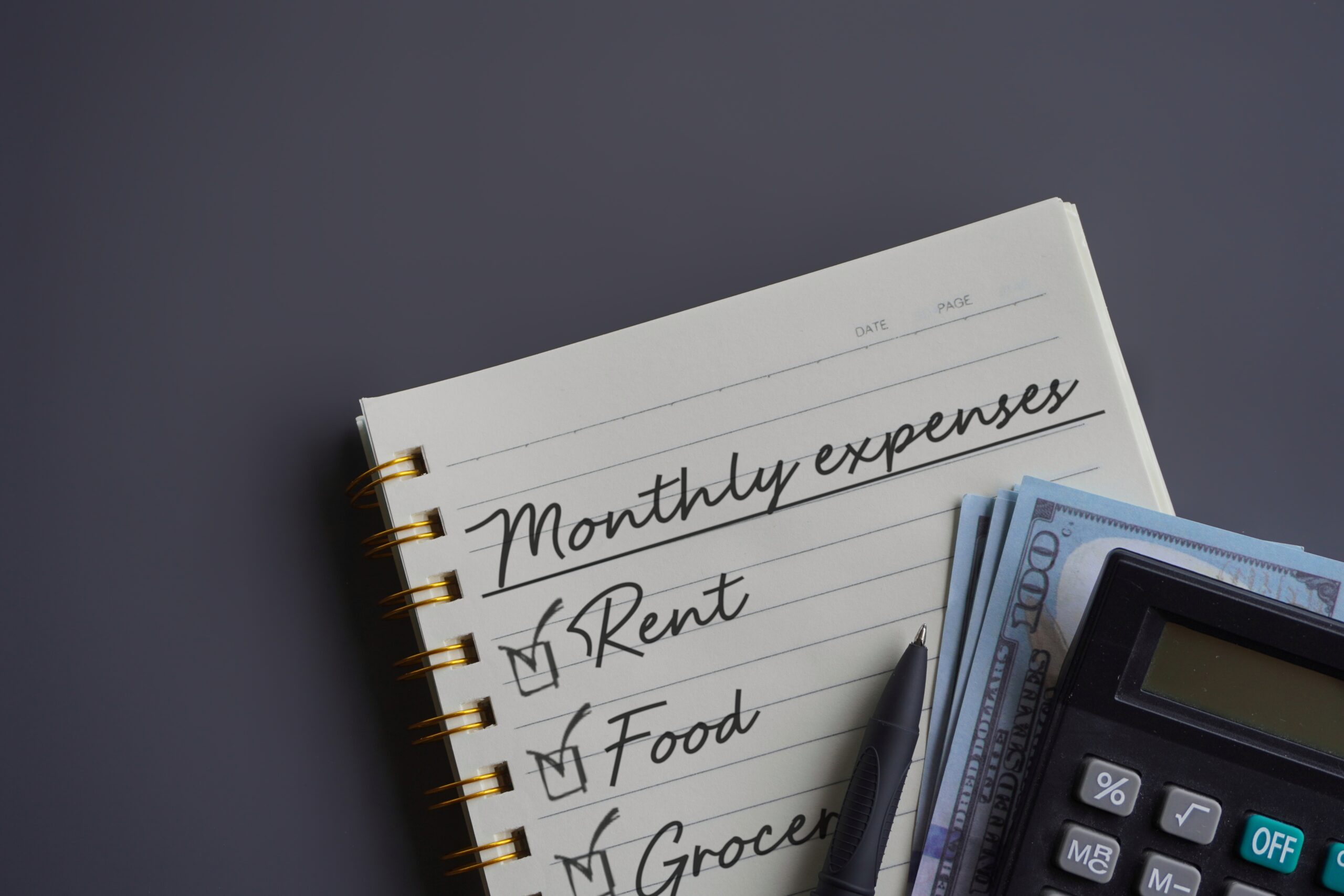Summary:
- The Importance of Financial Health in Recovery
- Assessing Financial Situations and Creating a Budget
- Prioritizing Expenses and Savings
- Cutting Unnecessary Expenses and Using Tools
- Reviewing and Adjusting the Budget Regularly
The road to recovery from addiction is multifaceted, involving not only physical and emotional healing but also rebuilding the practical aspects of life. Among these, money management for recovering addicts is a crucial skill that often needs attention. As individuals regain control over their lives, learning to manage finances in addiction recovery becomes paramount. This article explores the strategies and tools available for money and addiction recovery and provides actionable steps for those looking to manage money for people in recovery.
Why is Money Management Important in Addiction Recovery?
Financial health is a significant stressor for many, but for recovering addicts, it can be even more critical. Substance abuse can often lead to financial instability, making it essential to establish a foundation of good financial habits early in recovery. Proper money management for recovering addicts helps to alleviate financial pressures and provides a sense of control and stability, which are vital for maintaining sobriety.
Creating a Budget: First Steps
The cornerstone of financial stability is a well-planned budget. Creating a budget involves tracking income, expenses, and planning for both short-term needs and long-term goals. It’s about understanding where your money is going and making intentional decisions to align spending with your recovery goals.
Assess Your Financial Situation
Start by getting a clear picture of your financial state. Gather information on all your sources of income, including employment, support from family, or government assistance. Next, list out all monthly expenses, such as rent, groceries, utility bills, and any debts or regular payments. This overview will be the basis for your budget.
Identify and Prioritize Expenses
In managing finances in addiction recovery, it’s essential to prioritize your spending. Fixed expenses like housing and utilities come first. Then, allocate funds for necessary variable costs, such as food and transportation. It’s also critical to consider the costs associated with recovery, like therapy or support group dues, as priority expenses.
Setting Aside Savings
Part of a robust budget is saving for emergencies and future goals. Even if it’s a small amount, regularly setting aside money can build a financial cushion and reduce the anxiety of unforeseen expenses.
Cut Unnecessary Expenses
Evaluate your spending habits and identify areas where you can cut back. Unnecessary or impulse purchases can add up, and reducing these can free up more money for essentials and savings.
Use Tools and Resources
There are numerous budgeting tools and apps that can help track spending, remind you of bill payments, and visualize your financial progress. Utilizing these can simplify the process of money management and keep you accountable.
Regularly Review and Adjust Your Budget
Your financial situation will change as you progress in recovery. Regularly reviewing your budget and adjusting for changes in income or expenses ensures that your financial plan stays relevant and effective.
Overcoming Financial Challenges in Recovery
Financial recovery, like addiction recovery, doesn’t happen overnight. It may involve overcoming setbacks like dealing with debt or rebuilding credit. Patience and persistence are key, as is seeking advice from financial counselors or support groups focused on financial management in recovery.
Understanding and implementing effective money management for recovering addicts is a vital step toward long-term recovery. If you’re on this journey and you find yourself struggling with financial planning, or if the weight of financial stress is challenging your sobriety, know that you are not alone.
Comfort Recovery provides not only support for addiction recovery but also resources for managing the intricacies of life post-addiction, including financial education. Our compassionate team can help you develop the tools you need to create and maintain a budget, manage your finances, and support your ongoing recovery journey.
For more information or to speak with one of our counselors, please contact Comfort Recovery at 866-996-8936. Let us support you in building a financially stable future, contributing to a stronger foundation for your recovery.


No comment yet, add your voice below!